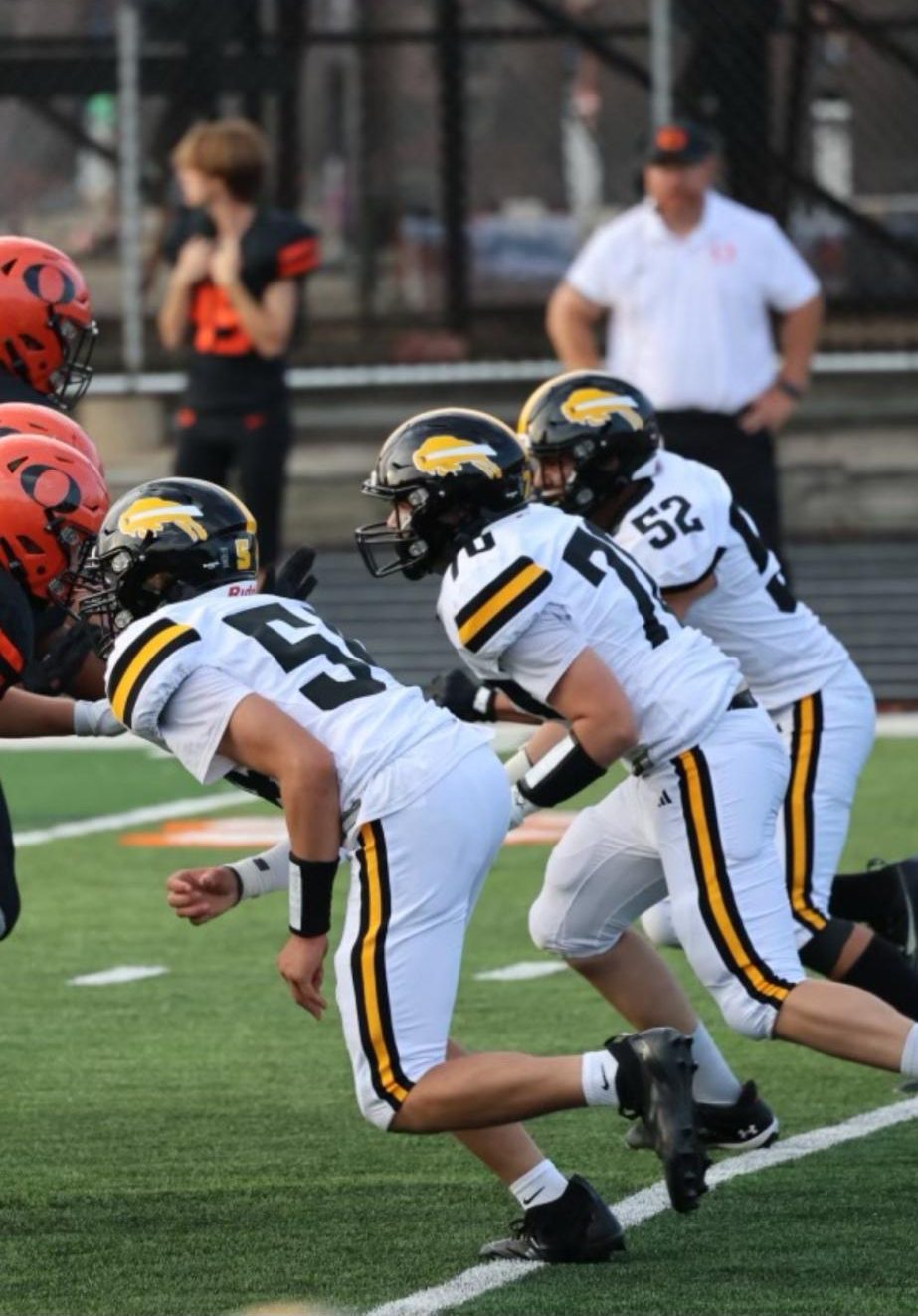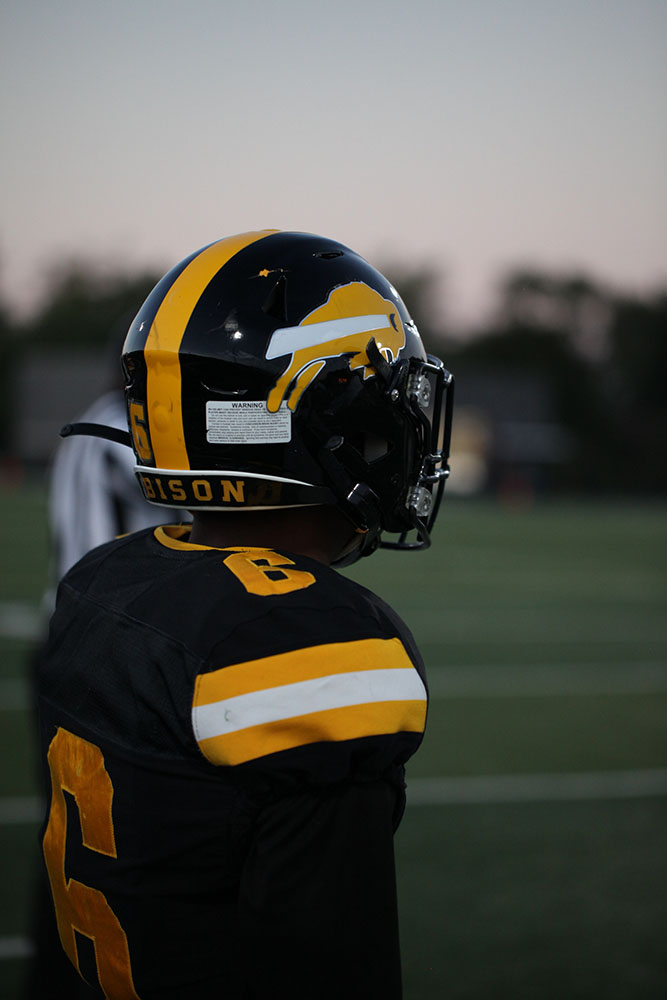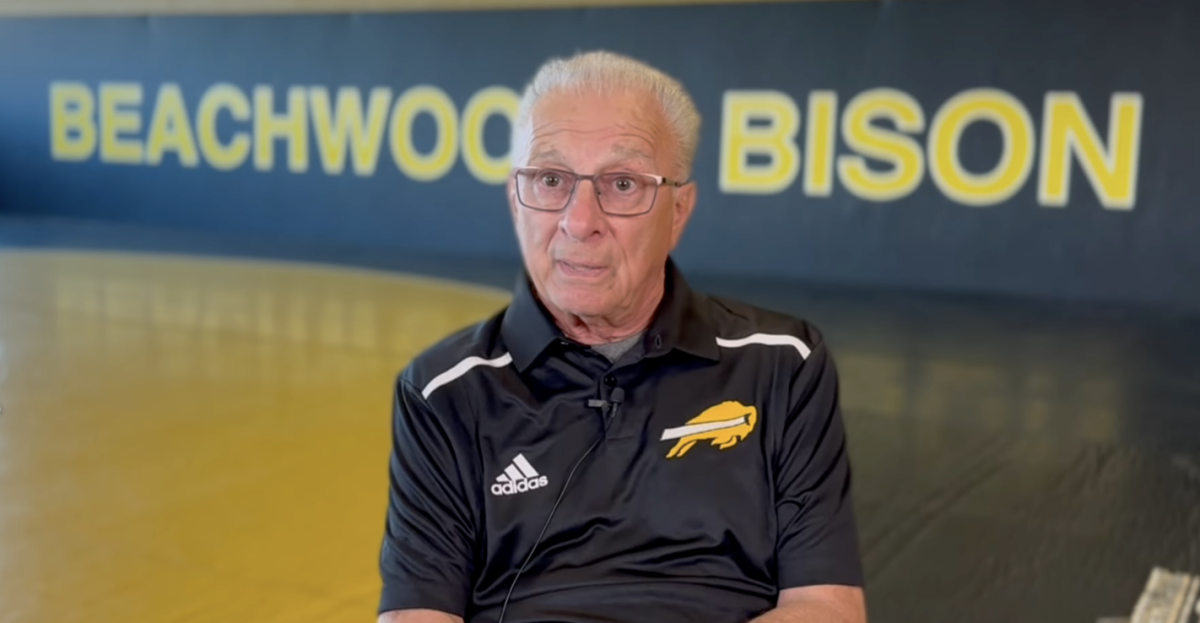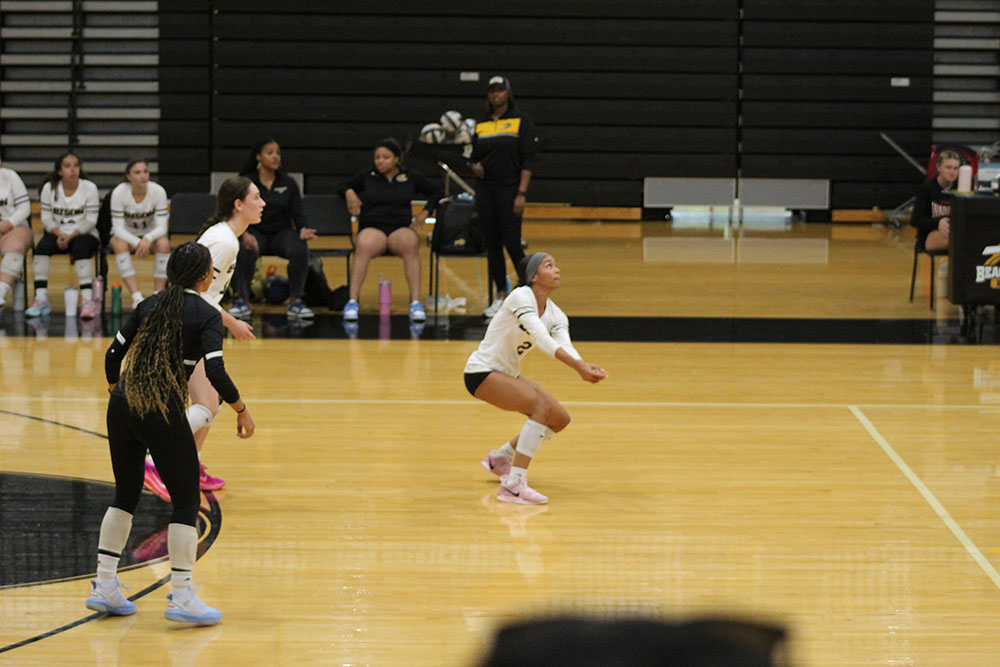For many athletes, the field is where they shine the brightest. Yet, behind the scenes, away from the bright lights and screaming crowds, mental health is something many athletes struggle with.
Dr. Joseph Janesz, a treating clinician for the NFL’s program for substance abuse, provides mental wellness services for athletes competing at various levels. According to Janesz, mental health and wellbeing is one of the most important factors when it comes to athletic performance.
“When we look at psychology, we not only look at pathology and problems that we have to address, but we also look at performance enhancement. How do we enhance a player’s mental attitude in order to enhance their performance, physically and in terms of competition?” Janesz said.
Relationship Between Anxiety & Performance
Many athletes encounter high levels of anxiety and stress as they prepare for their matches, but in certain situations, the amount of anxiety can get overwhelming.
“One of the most common problems I deal with is what to do with the high anxiety of competition as an athlete moves up from, say, high school to college or college to professional,” Janesz said. “Sometimes it can even trigger fight-or-flight responses.”
For an athlete to perform optimally, however, there has to be some level of stress to act as a motivator.
“There’s something [psychologists] look at in their studies called the stress-performance graph,” Janesz said. “As an athlete’s stress or anxiety levels move up, they enter a threshold in which their performance is best…as you go above it, with higher levels of anxiety, your performance goes down.”
This balance is something athletes are familiar with. To use pressure and stress as a motivator, instead of a detractor.
“While cultivating a positive attitude, it can improve athletes’ self-esteem level. Contrary to positive attitude, we find that negative attitude is positively correlated with anxiety,” a study published in the journal Heliyon found.
The study shows that negative emotional attitudes may have a negative impact on athletes’ mental health, but positive, ‘growth mindsets’ substantially help athletes with their ability.
However, it’s difficult to keep things under control all the time. Everyone has problems, even 28 medal Olympic Swimmer Michael Phelps, who has struggled with controlling his mental health.
“I felt like I didn’t want to be alive anymore, and that [he] was causing a lot of stress and issues for other people,” Phelps told Healthline.
“Mental health can impact you positively and negatively, depending on how you manage it,” said varsity football line coach Brian Harvey. “In sports, your team is your family. That can increase your mood and have a great effect on your mental state. If you have a good family/team, they’re there to help and pick you back up.”
Techniques Athletes Can Use
To be able optimize their performance and play their best, athletes have to practice, perform drills and work on their techniques. It’s the same thing mentally. Coaches and psychiatrists have strategies that their athletes employ in order to manage their emotions and keep their stress in check.
“Imagery and mindfulness are the biggest things I focus on,” Janesz said. “I was coaching a world class athlete and she was just so preoccupied with her anxiety and worry, saying she had lots of doubtful thoughts. I told her to sit quietly, have the thought, and then attach it to a helium balloon and just let it float away.”
Imagery often works when personalized to fit the athlete’s lifestyle or environment. It can be extremely beneficial in calming someone down, but there are also other strategies that coaches use.
“It sounds cheesy, but deep breaths really help with stress. I use those techniques in my day to day life,” Harvey said.
“That box breathing technique, neuropsychiatry shows, activates the vagal nerve and the parasympathetic nervous system,” Dr. Janesz said. “It slows your body down and relaxes you almost immediately.”
There are many tools at an athlete’s disposal when it comes to managing their mental health, but that’s only if they’re given the toolbox.
Social Aspect of Athletes’ Mental Health
Mental health is already something difficult to treat, but the pressures of being an athlete truly make it a different ball game.
Many students face this problem directly. According to the National Institute of Health, “Around 60% of all high school athletes experienced a moderate to an extreme level of stress due to their sport, and a quarter reported stress negatively affecting their performance,”
This can be difficult for an adult to navigate, but for an adolescent, who also has to deal with familial pressures, classes and financial burdens? No doubt, it’s a tremendous obstacle.
Furthermore, many athletes have said they wanted to seek out help, but decided against it because of the stigma surrounding mental health in the sports world.
“If there’s one thing I’ve seen over the years, it’s that any story about an athlete’s flaw in character or personality is newsworthy,” Janesz said.
Many athletes on the Olympic, professional, or even college level are often scrutinized heavily by the media.
In fact, consider media interactions like press conferences and social media could be a leading cause of increased stress, anxiety, and depression. Naomi Osaka’s decision in 2021 to not participate in any mandatory post-match interviews for the French Open was controversial to many.
“I’ve often felt that people have no regard for athletes’ mental health, and this rings very true whenever I see a press conference or partake in one,” Osaka wrote in a tweet.
Afterwards, Osaka faced backlash from fans and media representatives alike. Scrutiny ranged from Piers Morgan calling her “petulant” to another reporter marking it down as “diva behavior.” Tennis officials claim that the media’s harsh questioning and aggressive interviews are just part of being famous; they’re an occupational hazard.
Social media can play a significant role in high school sports, often a detrimental one.
“It used to affect me, but now I try to just ignore the other schools’ posts because I know none of it is true and they’re just trying to get in [our] heads,” said football lineman Avi Saidel. “I honestly just do my best to ignore it all,” he continued.
Recovering from Injuries
Besides social media, high school athletes face numerous situations that could affect their mental health. The most common, however, are injuries.
More specifically, recovering from an injury is a long, sometimes troublesome journey, and a process that can be extremely difficult to navigate alone, which is how many student athletes are forced to deal with it.
Junior Zara Zai experienced a nasty injury during last year’s soccer season.
“I was trying to make a save, and as I dove for the ball, a girl kicked me in the head. I got a concussion, my spinal discs were messed up, it was bad,” Zai said. “I thought I was paralyzed, it was scary. I couldn’t really feel my hands, and my legs were tingling.”
Zai eventually faced her fears and returned to the sport, saying her friends and coaches helped bring her back to the field.
“Coming back was terrifying,” Zai said. “Practice was one thing, but actually playing a game was terrifying at first.”
Zai was lucky enough to have a support system, but not every athlete is in that circumstance. Some must make the decision alone.
“I didn’t speak with a sports psychologist, but I probably should’ve,” she added. “It would’ve helped to talk with someone about it because not everyone can relate to having a concussion.”
Dr. Janesz insists that staying involved with teammates and coaches is essential to recovery.
“There can be a flurry of anxiety and panic at first, because you’re thinking ‘I’m never gonna be alright again,’ but the first thing I tell a player is to be there, be active, be present…involve yourself, don’t be isolated,” Janesz said.
When an athlete gets injured, the thought that often shoots through many minds is that this will be the end of their career. That their injury is so severe, they’ll never play another game.
“But I tell them that hardships like these are where champions show up,” Janesz said. “You can roll over and give up, and then it really will be a career-ending injury, or you can show mental resilience and toughness, and this is where champions are able to step up.”
It’s essential for athletes to have good support systems, not just in the physical aspect, but mentally. Performance is based on both, so a solid foundation for mental health aid is vital to optimal performance.
“Parents and coaches need to be astute about that, to be in touch with their grade school, high school, college kids, to see if they would benefit from some mental coaching or sports psychology,” Janesz said. “In recent years, the idea of sports psychology has been getting out…any chance of enhancing that would be great.”














